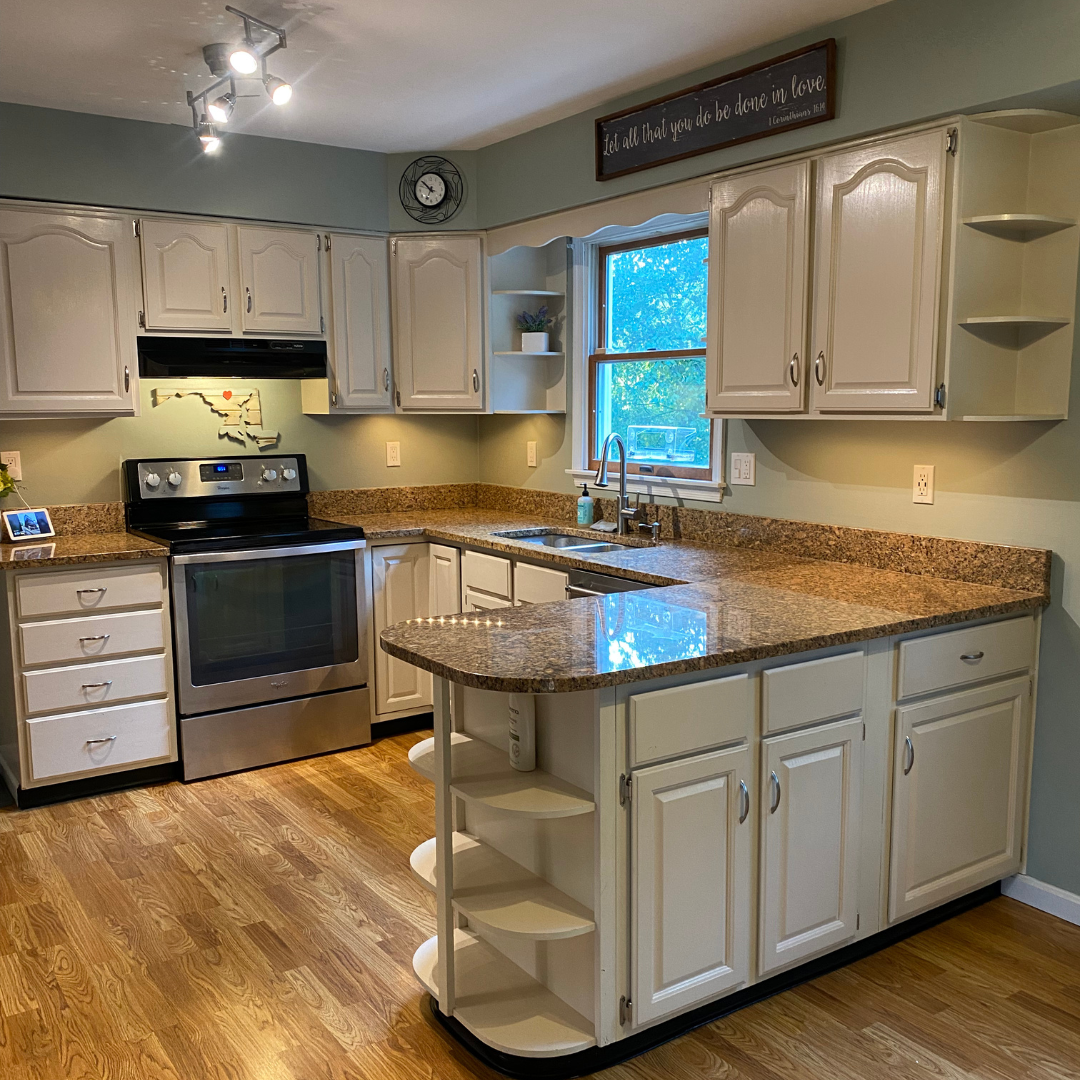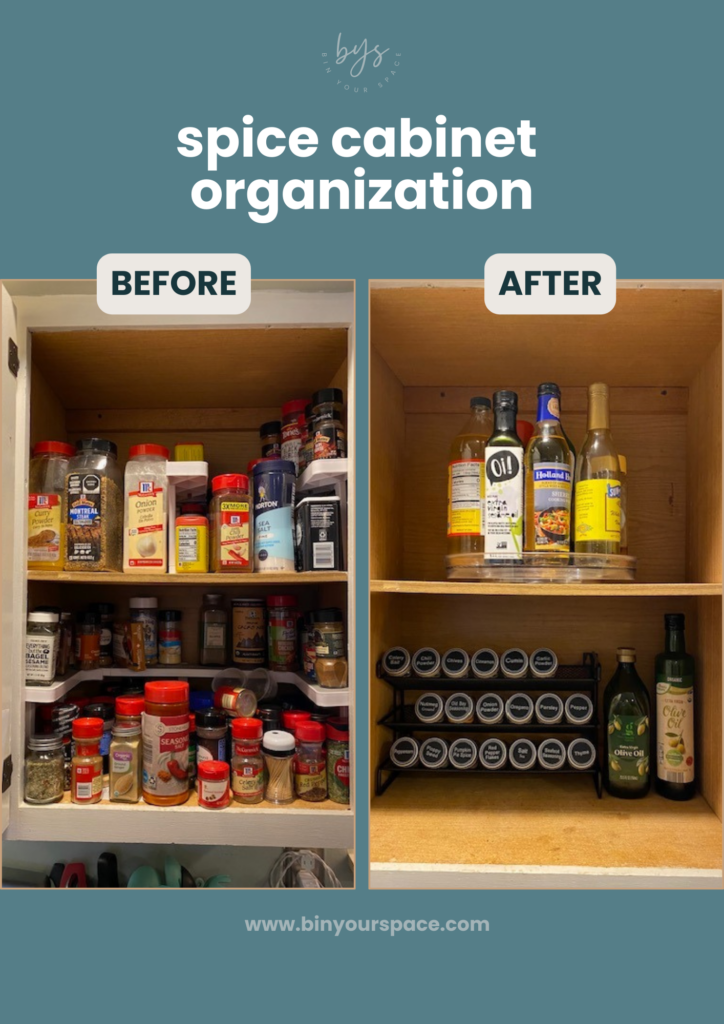As a professional organizer, I can tell you the truth: you don’t actually have a “messy” personality; you have a systems problem. Most people approach tidying as a one-time event—a marathon weekend of cleaning that leaves them exhausted and back to square one by Tuesday. If you want to stop the endless cycle of purging and re-cluttering, you need to adopt specific habits to keep a house clutter free that address the root cause of the mess: the constant flow of items into your home.
Understanding Your Stuff Limit
Before we dive into the daily routines, you have to understand why your house gets messy in the first place. Everyone has a “stuff limit”—the maximum amount of things you can actually take care of before the house starts to feel out of control. This is the inventory threshold where your physical space meets your mental capacity.
When you have more items than you have the time or energy to manage, you aren’t “lazy”—you’re just outnumbered. If your inventory exceeds your ability to maintain it, no amount of storage bins will save you.
The following professional habits to keep a house clutter free are designed to help you stay below that limit so your home stays easy to manage every single day.
12 Daily Habits to Keep a House Clutter Free
These aren’t just chores; they are the secret weapons I use to maintain a ruthless, organized life. Choose one, five, or all of them to try. The key to implementing these habits is to build them over time.
1. Implement the “One-in, One-out” method
A new sweater? Say goodbye to an old one. Fresh kicks? Time to release an old pair. Upgraded your kitchen gadget? Time to let the unused one go. This is the gold standard of habits to keep a house clutter free because it ensures your home’s inventory stays steady without adding more volume to your storage space.
2. The online shopping cart pause
My go-to strategy for avoiding buyer’s remorse and bringing more clutter into your home is the cart pause. If I really want something, I leave it in my cart for a few days. More often than not, that initial dopamine hit of “gotta have it” fades, and I realize I don’t actually have a place for it.
3. Shop smarter with intentional lists
Before you even leave for the store, jot down exactly what you need and stick to that list like glue. Impulse buys are the primary enemy of a clean home. It’s amazing how this simple act helps you buy only what you have space for and saves you significant money over time.
4. Mastering Movement: Passive habits to keep a house clutter free
This is one of the most effective habits to keep a house clutter free because it requires zero extra time. Before you walk out of the living room, look for one thing that belongs in the kitchen or the bedroom. This prevents a mess from building up in the first place.
5. Processing Paper: Mail habits to keep a house clutter free
Don’t move mail from the door to the counter, then to the table, then finally to the trash. Instead, open it over the recycling bin. Shred the sensitive stuff, toss the junk, and file the bills immediately.
6. Check your internal monologue and values
Stop asking, “Can I use this?” and start asking, “Does this deserve space in my life?” Be ruthless. If you haven’t used it in a year, it’s just a weight holding you back.
7. Set a donation station
Keep a permanent basket or box in the bottom of a closet. As soon as you realize you don’t like a shirt or no longer need a gadget, drop it in. When it’s full, take it straight to the donation center. Therefore, this keeps the flow of items moving out of your house constantly.
8. Practice the art of saying, “No thanks!”
We all love free stuff, right? But sometimes, “free” comes with a clutter cost. The next time someone tries to offload something on you, remember that your space is valuable. If they persist? Just blame your new professional organizing bestie. 😉
9. Put that really good box to use!
That “really good box” you’re saving? It’s time for its true purpose: becoming a donation bin! Instead of letting it sit empty, fill it up and send it off to its next life. Unlike a nice basket you’d hesitate to part with, a cardboard box is easy to let go of – you’ll likely have another one soon.
10. Assign a home for every single item
If an item doesn’t have a specific designated spot, it is officially clutter. If you can’t find a home for it, you likely don’t have room for it in your current life.
11. Stop the “just in case” thinking
We keep too much because of the “what if” fear. If you can replace an item for less than $20 in less than 20 minutes, let it go. Your mental peace and physical space are worth more than a $5 backup whisk you haven’t touched since 2019.
12. Monthly habits to keep a house clutter free
Is the “stuff” starting to feel heavy again? Are the drawers getting hard to close? If so, it’s time for a quick 15-minute ruthless purge to get back under your stuff limit.

Final Thoughts on Habits to Keep a House Clutter Free
Adopting these habits to keep a house clutter free won’t happen overnight. Habits are like muscles; they require repetition to get stronger. Start with one or two—like the “One-In, One-Out” rule—and build from there. Remember, a clean, peaceful home isn’t the result of a lucky Sunday; it’s the result of small, ruthless decisions made every single day.
Want more support?
If you’re looking declutter your home but aren’t sure where to start, contact me and let’s make a plan. I offer in-person and virtual organizing sessions. I can’t wait to help you feel more calm in your home.
Bonnie Hintenach
Professional Organizer for Homes & Classrooms

